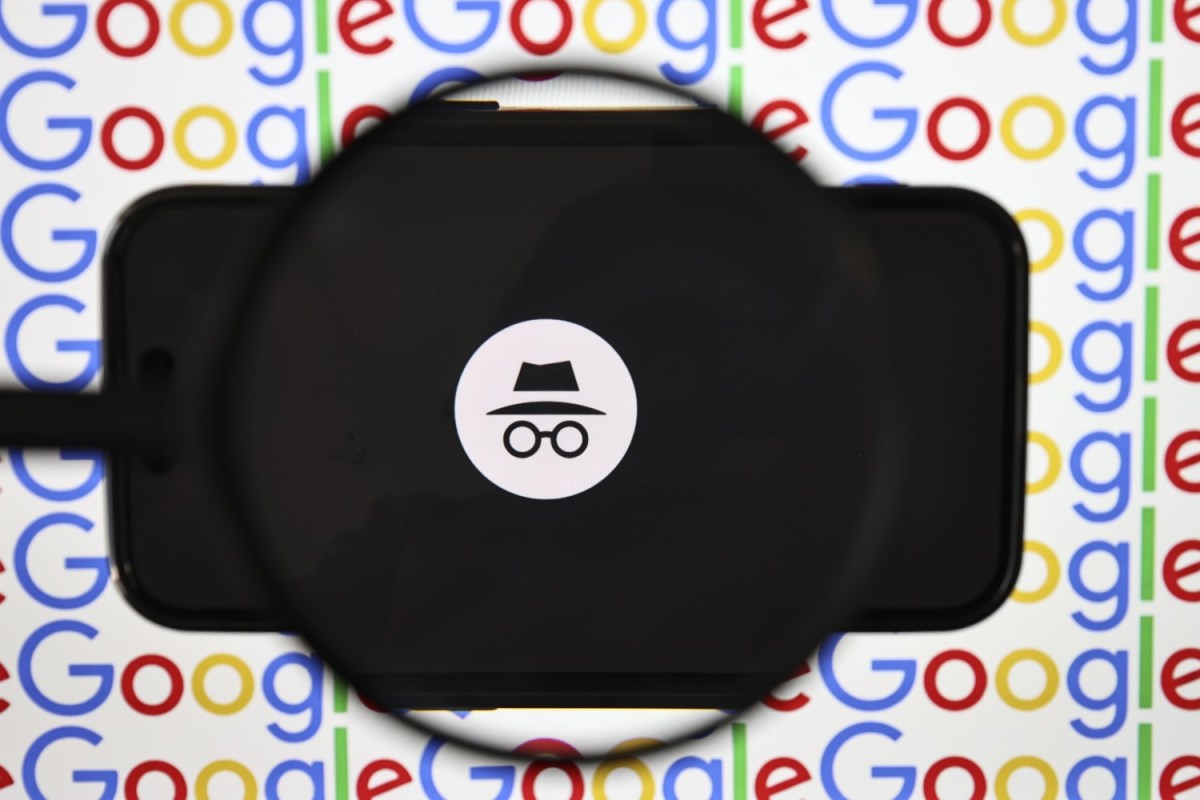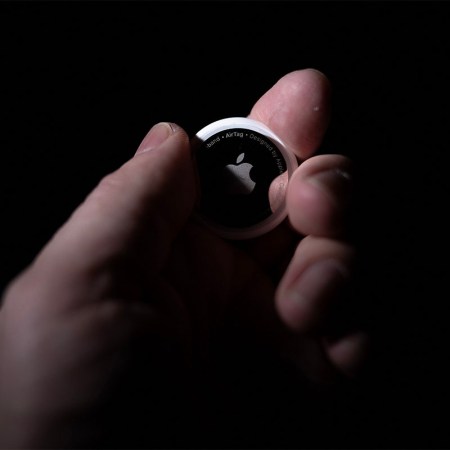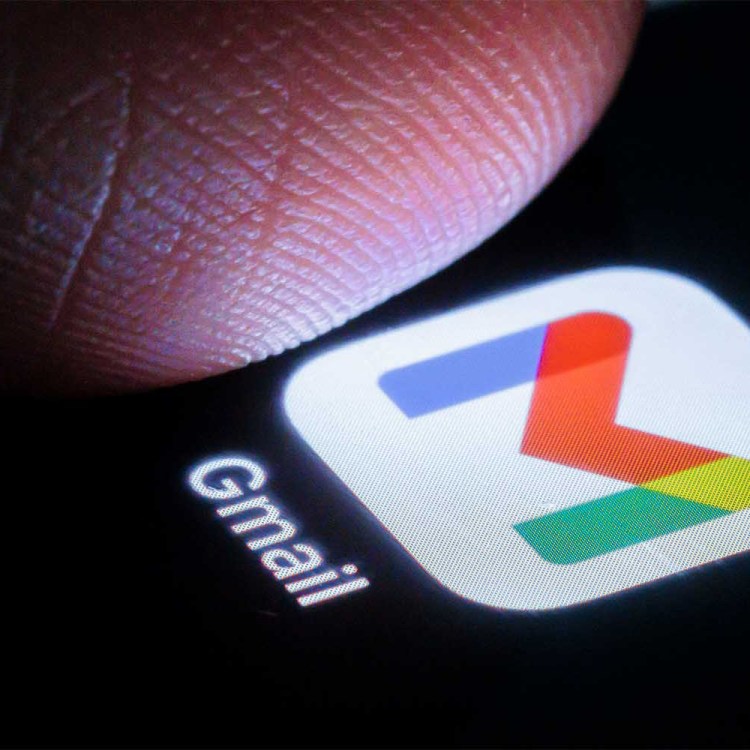When you opt to browse the internet in a privacy-enabled browser mode, just how private are you being? That’s the question at the heart of a $5 billion lawsuit against Google — which is, as of this week, a lawsuit that the tech giant has recently reached a preliminary settlement in. As Reuters reports (via The Guardian), the trial, scheduled to begin in February, is now on hold following the announcement.
Previously, the district court judge handling the case — Yvonne Gonzalez Rogers — determined that users had not consented to letting Google track information about them. In August, Reuters reported on the status of the case and cited comments written by Rogers: “Taken as a whole, a triable issue exists as to whether these writings created an enforceable promise that Google would not collect users’ data while they browsed privately.”
The timetable for the case — Chasom Brown, et al., Plaintiffs, v. GOOGLE, LLC, Defendant — was initially announced in March 2023, with the trial scheduled to begin that November. As Reuters reported in August, the lawsuit sought at least $5,000 per user, and would have covered a period beginning June 1, 2016.
Google’s Ambitious Tracking Cookie Plan Might Be Delayed
Will the tech giant still be phasing cookies out next year?As for when we might know the details of the final settlement, Reuters noted that the court should have one to review by February 24, 2024. It’s worth mentioning here that there’s an entire class of browsers designed to cater to users concerned about privacy — but regardless, it’s not outlandish to think that if you enable a private or incognito mode on your browser of choice, what you do should be kept private.
This article was featured in the InsideHook newsletter. Sign up now.














